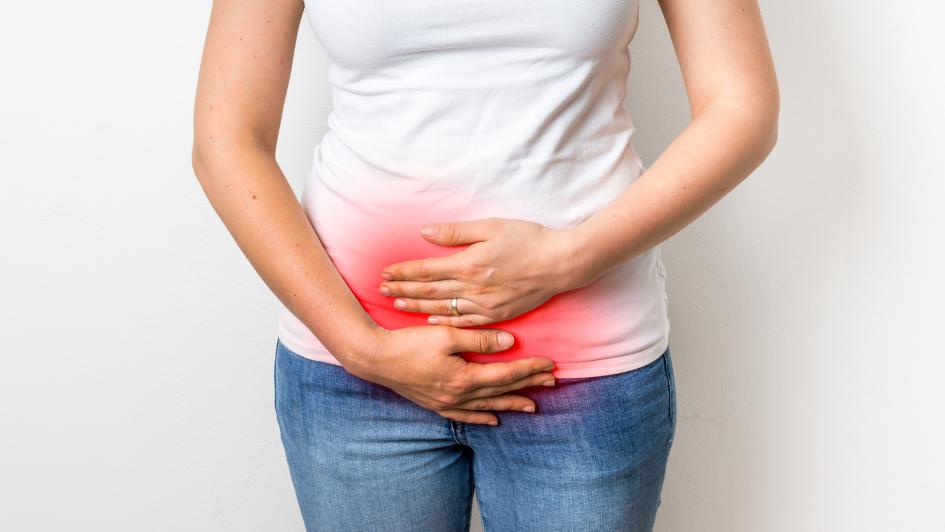Natural Ways to Treat Bladder Pain Syndrome

Published
Natural Ways to Treat Bladder Pain Syndrome
Bladder pain syndrome benefits from an individualized approach. Check out these tips to help manage your symptoms.
Bladder pain syndrome—also known as interstitial cystitis—is a chronic condition involving pain in the pelvis or lower abdomen. It can also involve frequent urination, an urgent need to urinate, pain with urination, and urinary incontinence. [ii] Be aware that these symptoms can also be a sign of infection, so it is important to be evaluated by a physician if you suspect you have interstitial cystitis.
- Caffeine, artificial sweeteners, alcohol, carbonated beverages, citrus fruits and spicy foods can irritate the bladder and worsen symptoms.
- Urinate regularly. Symptoms are often more bothersome with a full bladder, so urinating on a regular basis (at least every 2 hours that you are awake) can relieve symptoms and prevent incontinence.
- Physical therapy can benefit some people with bladder pain. This may involve treatment of pelvic muscle trigger points. While strengthening the pelvic floor can be helpful for some people, certain exercises (such as Kegel exercises) can make bladder pain worse for some. [ii]
- Counseling or biofeedback can be helpful for managing symptoms as there is an association between bladder pain syndrome and anxiety/depression. [i]
Many herbs and nutritional supplements can be helpful in soothing the bladder and supporting the urinary tract. Schedule an appointment with a naturopathic doctor for a personalized treatment plan by calling Bastyr Center for Natural Health at 206-834-4100.
[i) Clemens, J.Q. Management of interstitial cystitis/bladder pain syndrome. In: UpToDate, Oct. 2017.
[ii] Chisholm, A., Loughlin, K.R. Interstitial cystitis-Painful bladder syndrome. In: DynaMed, May 2017.
Jennifer Green, ND is a licensed naturopathic physician practicing at the Bastyr Center for Natural Health in Seattle, WA. Her clinical interests include family medicine, women’s health, digestive disorders, and autoimmune disease.

